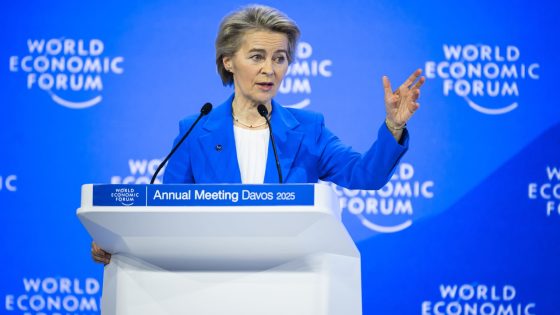Hungarian Prime Minister Viktor Orbán has expressed concern over the termination of an agreement between Moscow and Kyiv that previously allowed for the flow of affordable Russian gas to Europe. Orbán, along with Slovak Prime Minister Robert Fico, argues that the cessation of these supplies could severely impact energy costs and security in their countries. However, Ukraine has refused to renew the deal, while the European Union maintains that Hungary and Slovakia can find alternative energy sources.
- Hungary and Slovakia face energy supply concerns.
- Ukraine refuses to renew gas agreement.
- Orbán shifts focus from Trump to Ukraine.
- Expected reauthorization of sanctions on Monday.
- EU diplomats anticipate Hungary's eventual compliance.
- Hungary's reservations noted in discussions.
The backdrop of this situation involves shifting political dynamics. Orbán had previously suggested that the European Union should delay its sanctions against Russia until after the U.S. elections, anticipating a potential change in U.S. policy under Donald Trump. However, Trump’s recent threats of increased sanctions against Russia have forced Orbán to redirect his focus toward Ukraine’s role in the gas supply issue.
Key points include:
- Orbán’s criticism of Ukraine for obstructing gas flows from Russia.
- The EU’s assertion that Hungary can secure other energy sources.
- Anticipation of Hungary’s eventual agreement on sanctions reauthorization.
Despite Hungary’s reservations, several diplomats believe that a resolution may be reached during the upcoming meeting of foreign ministers in Brussels. One EU envoy noted that Hungary’s approach often involves a degree of theatrics, suggesting that the final agreement may be more about political maneuvering than genuine opposition to sanctions.
In summary, the situation highlights the complex interplay between energy politics in Europe and the ongoing conflict between Russia and Ukraine. As Hungary navigates its energy needs and political alliances, the outcome of the upcoming discussions could have significant implications for regional energy security.

































